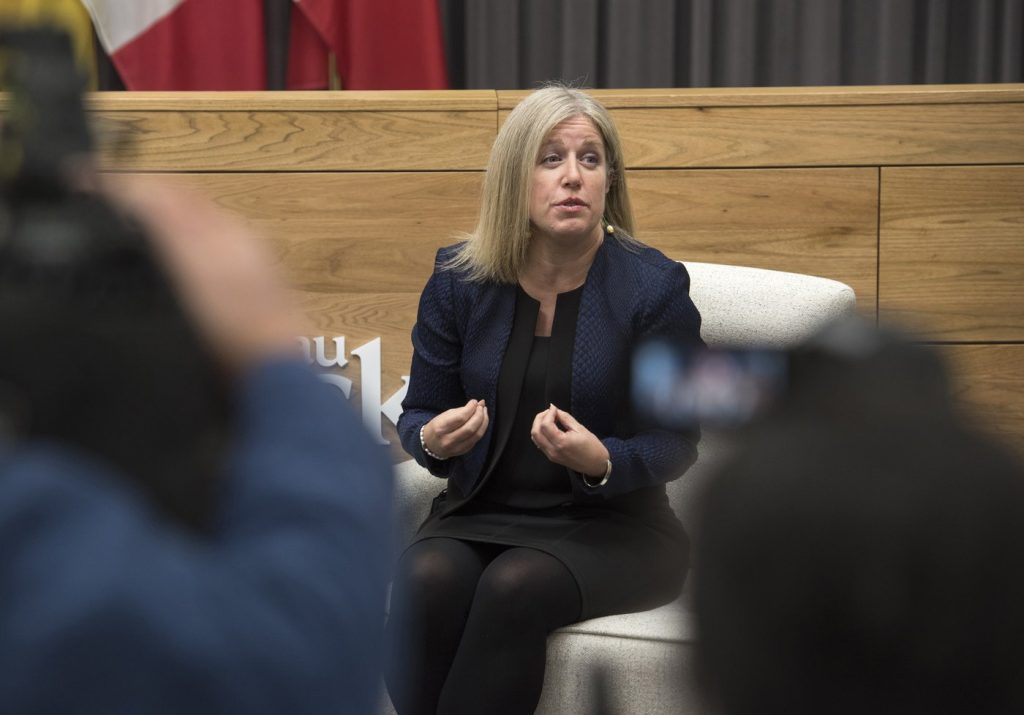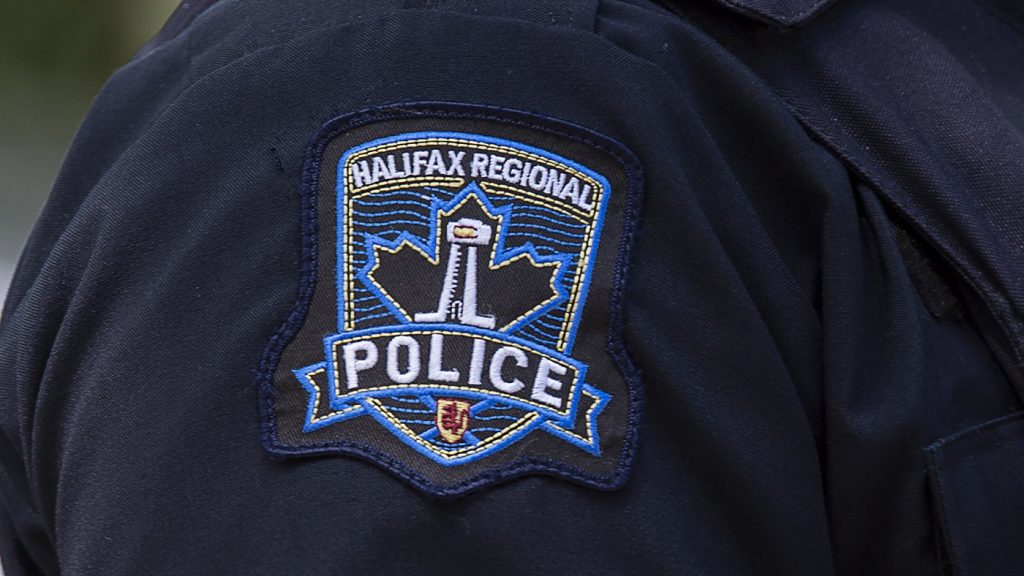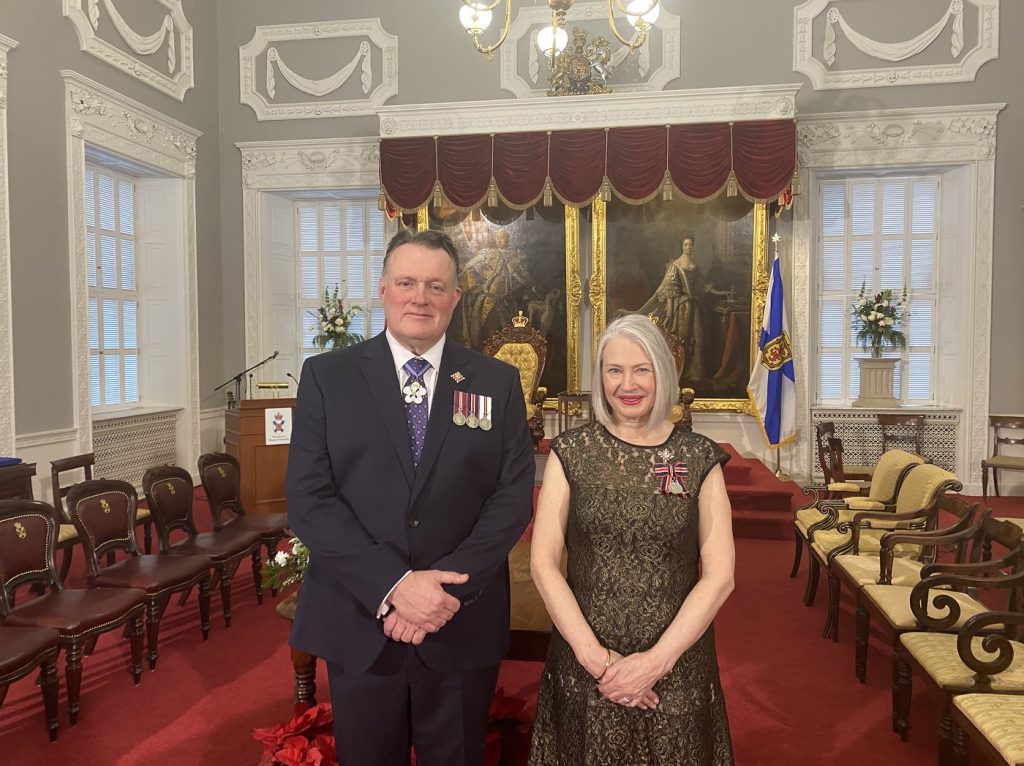New Brunswick Liberal government reverses changes to school gender identity policy

Posted Dec 19, 2024 03:31:32 PM.
Last Updated Dec 19, 2024 05:45:14 PM.
FREDERICTON — New Brunswick Premier Susan Holt has followed through on a campaign pledge to reverse policy changes by the previous government concerning sexual orientation and gender identity in schools.
Holt issued a statement Thursday saying her recently elected Liberal government has revised Policy 713 to incorporate recommendations from the province’s child and youth advocate, as well as input from students, families and the LGBTQ+ community.
Under the new policy, transgender and non-binary students do not need parental consent to use their preferred names and pronouns in informal settings at school — such as when being addressed by peers or teachers. Students under 16 still require parental consent to change their names on official school records or on report cards.
In June 2023, the Progressive Conservative government led by former premier Blaine Higgs announced that students under 16 who were exploring their gender identity would require parental consent before teachers could use different first names or pronouns to address them.
He faced uproar within his own party — two of his cabinet ministers resigned and six Tory members voted with the Opposition to call for an external review of the change — and criticism from Prime Minister Justin Trudeau, who called the changes discriminatory.
Higgs’s decision to change the policy later prompted the governments in Alberta and Saskatchewan to make similar rules for trans and non-binary students under 16.
Two months after Higgs’s controversial policy was introduced, the province’s child and youth advocate, Kelly Lamrock, said forcing non-binary and transgender students to use a name they don’t identify with would violate their Charter rights.
The revised policy announced Thursday, to take effect Jan. 1, says students under 16 will be allowed to determine how their chosen first name and pronouns will be used in school, stipulating that parental awareness is encouraged but not required.
Education Minister Claire Johnson told reporters the new changes are an attempt to find a “sweet spot” between the original policy created in 2020 and the recommendations from the province’s child and youth advocate’s report to “set a tone of transparency and dialogue.”
“We really wanted to make it explicit and obvious that we want to involve parents and families as much as possible,” Johnson said.
Schools will determine, on a case-by-case basis, how to approach conversations between parents and teachers if a student gives consent to share their identity with their family.
Another change is students will now have “the right and presumed capacity to self-identify” and make known their chosen first name and pronouns. There was no mention of a student’s capacity to self-identify under the former policy.
The revised policy also says there’s an expectation that families will be fully aware of such choices, but when a student is uncomfortable telling their parents, “the school will respect the student’s wishes and work with them to create a support plan to make their parent(s) aware when they are ready.”
Johnson added there will be more training for teachers on how to talk to students who may be reluctant to inform their parents. “Our priority is absolutely to make sure the child is safe and secure,” she said.
In response to the new policy, the New Brunswick Teacher’s Association said its members are dedicated to fostering inclusive and safe learning environments where all students feel like they belong. As well, the union asked the government to offer more training to teachers on how to support LGBTQ+ students.
This report by The Canadian Press was first published Dec. 19, 2024.
— By Cassidy McMackon in Halifax, with files from Michael MacDonald in Halifax.
The Canadian Press








